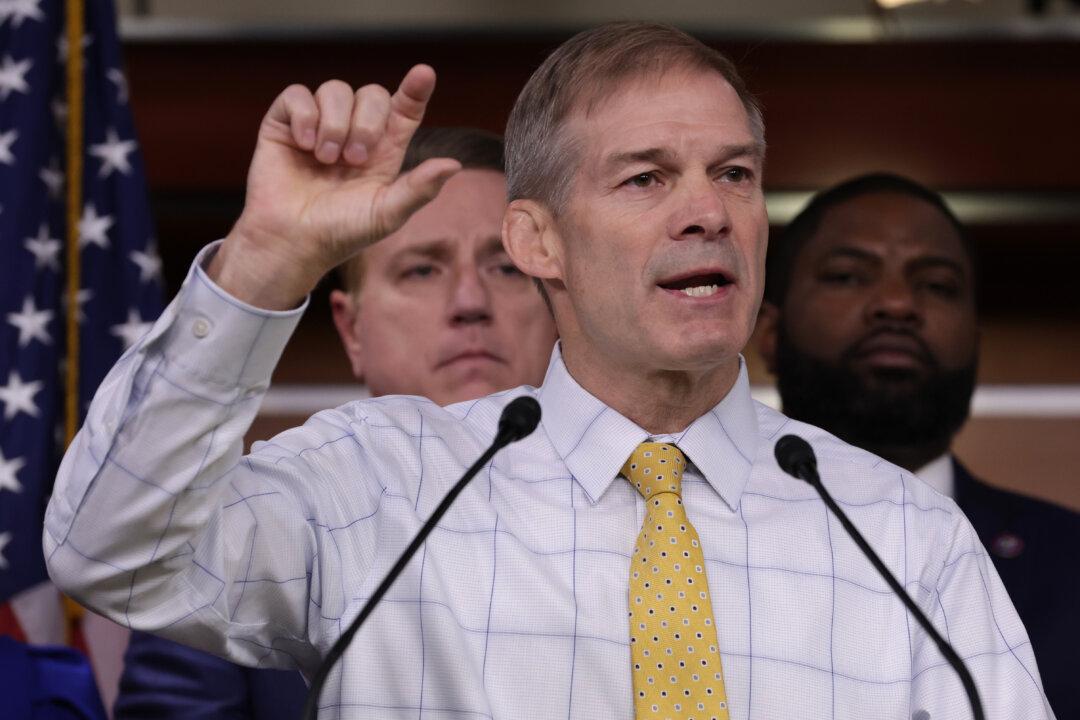Republicans on the House Judiciary Committee are challenging the Federal Trade Commission’s (FTC) recent proposal of a national ban on non-compete agreements.
In a Feb. 14 letter to FTC Chair Lina Khan and other commissioners, Judiciary Committee Chair Jim Jordan (R-Ohio) and Reps. Darrell Issa (R-Calif.), Thomas Massie (R-Ky.), and Scott Fitzgerald (R-Wis.) argued that the proposed ban would not only be unlawful but would also “radically restructure the American economy.”





